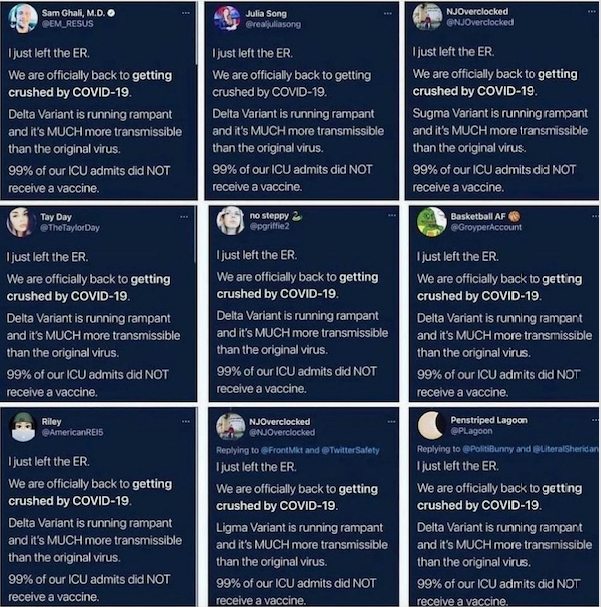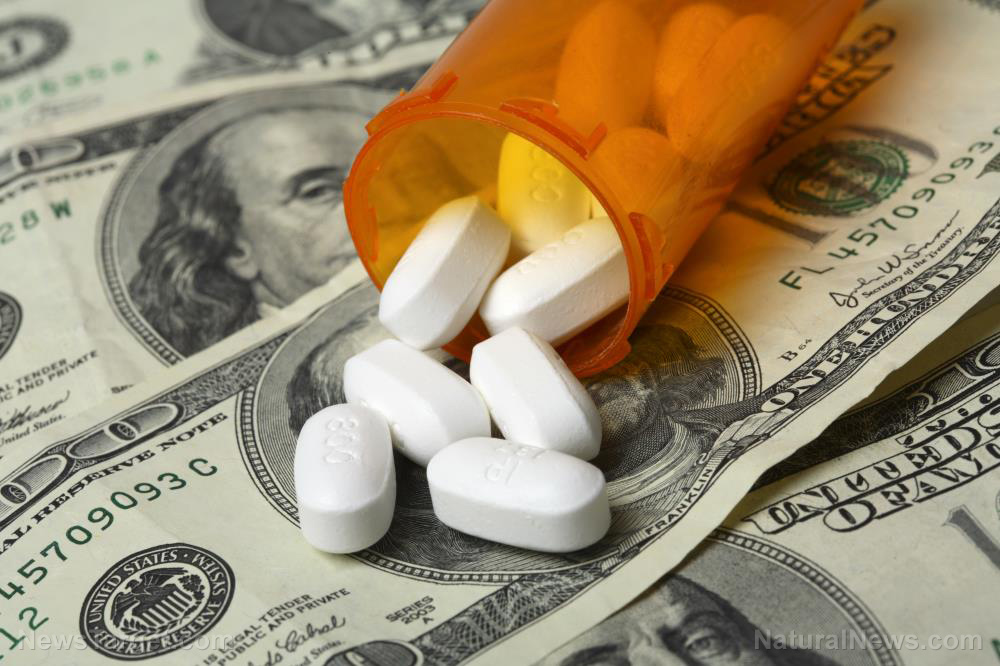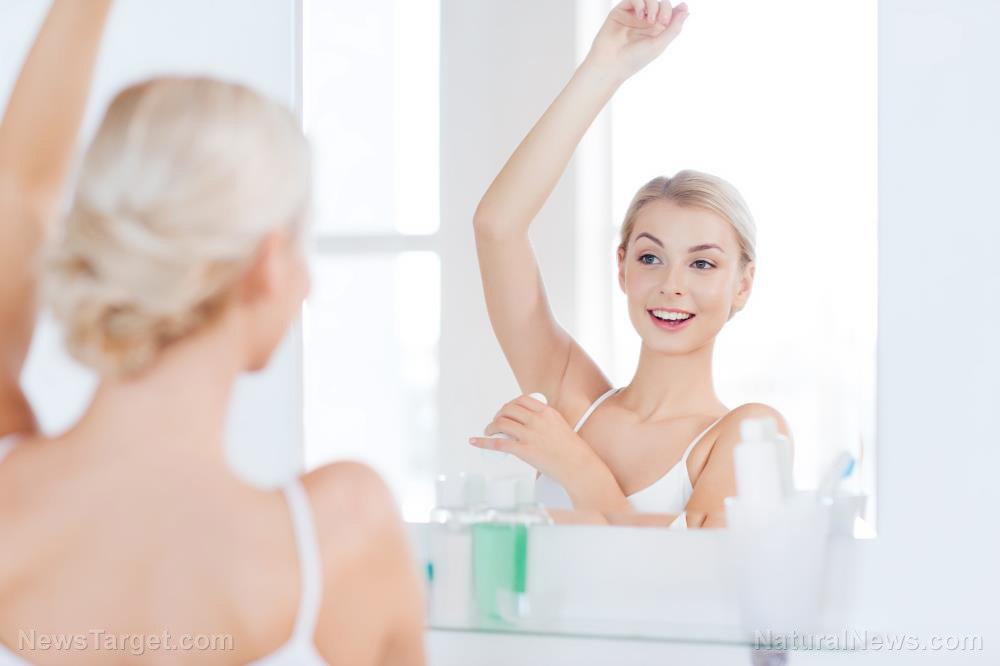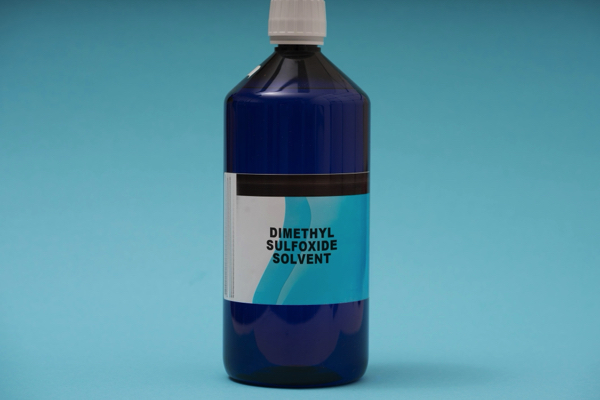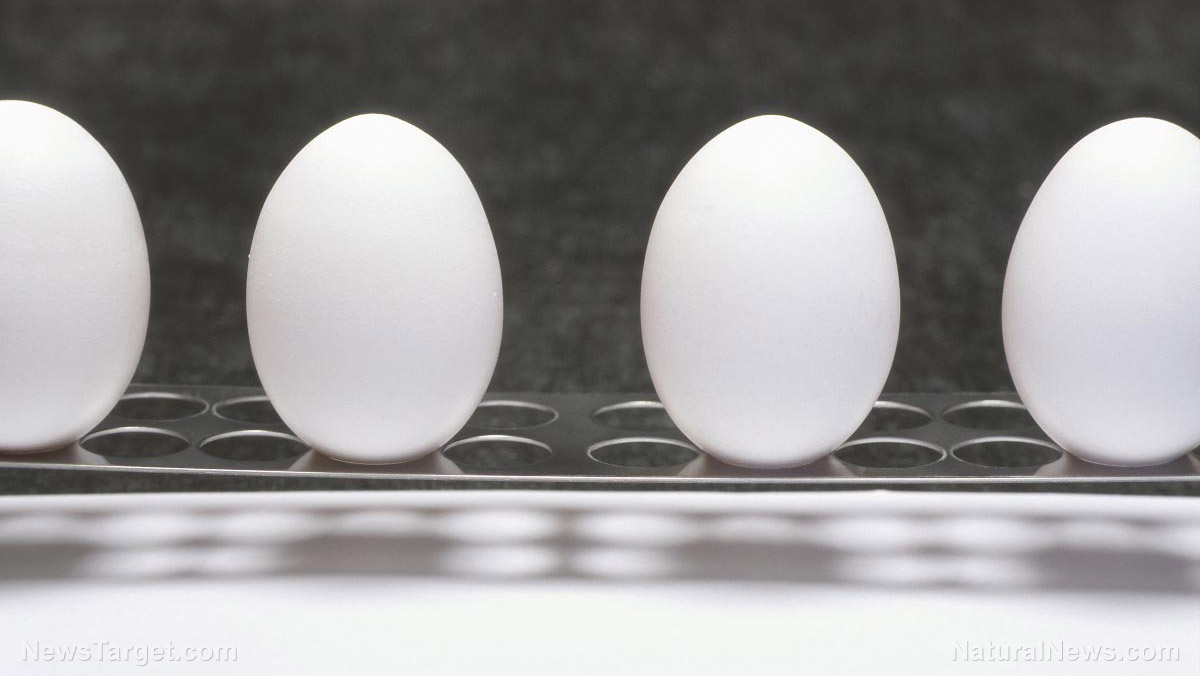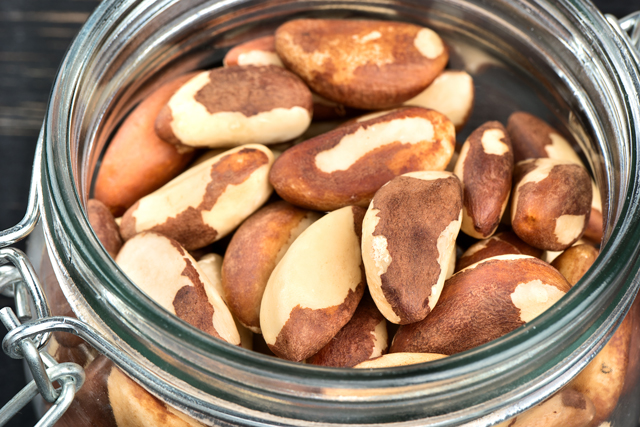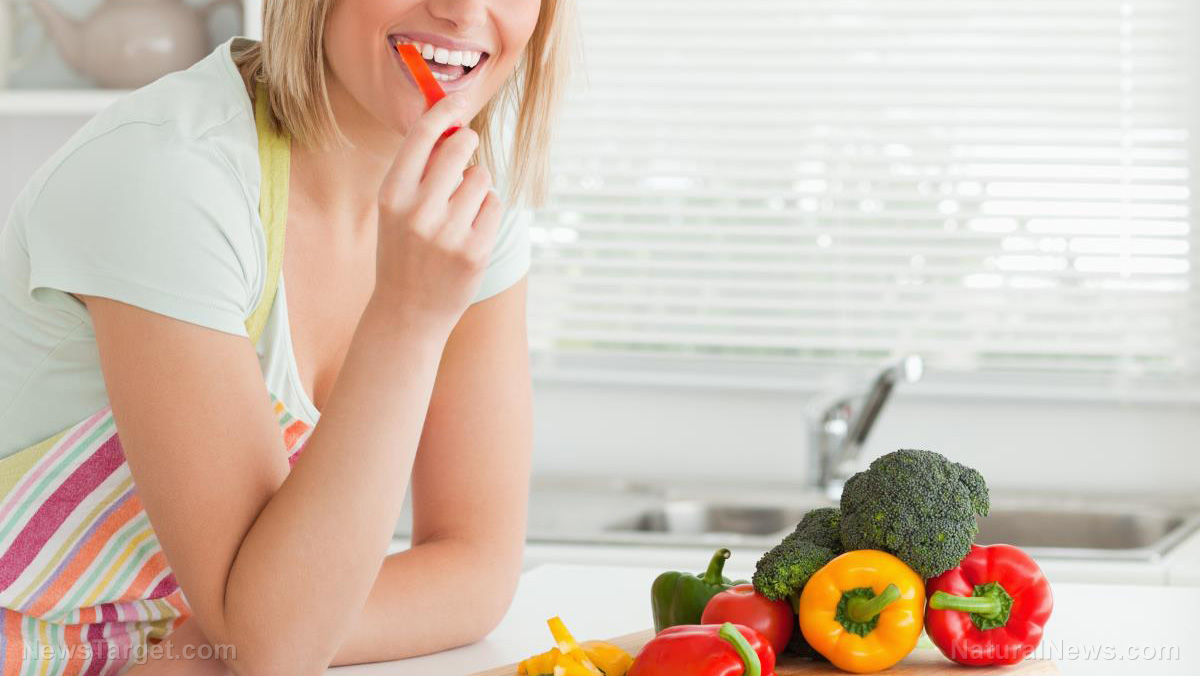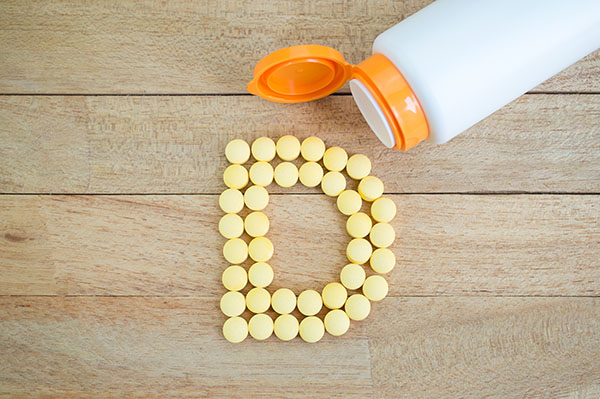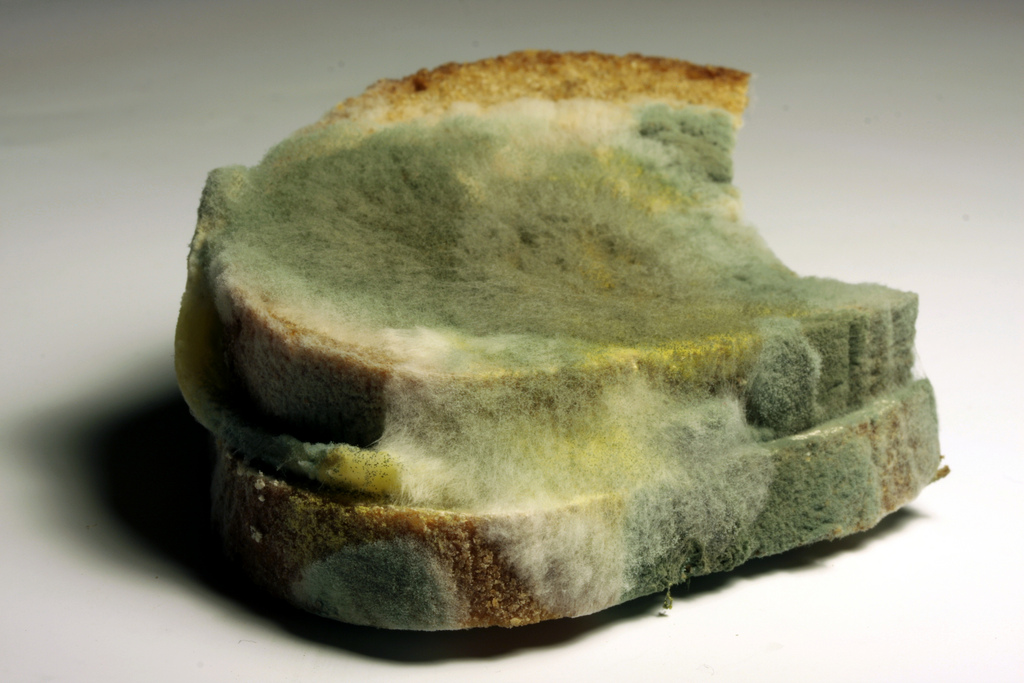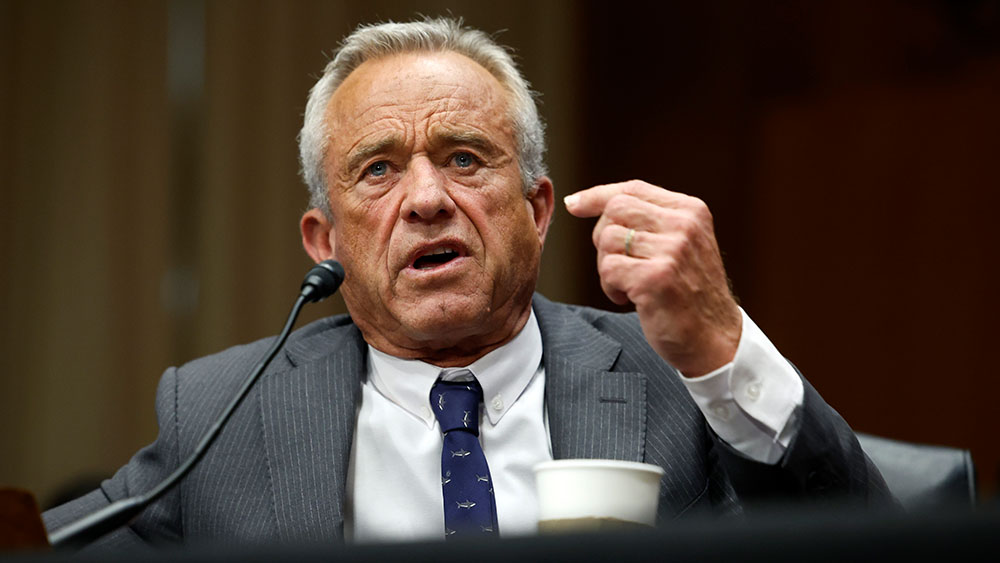TikTok’s toxic skincare craze preys on teens and children, fueling insecurity and inadequacy
06/10/2025 / By Lance D Johnson
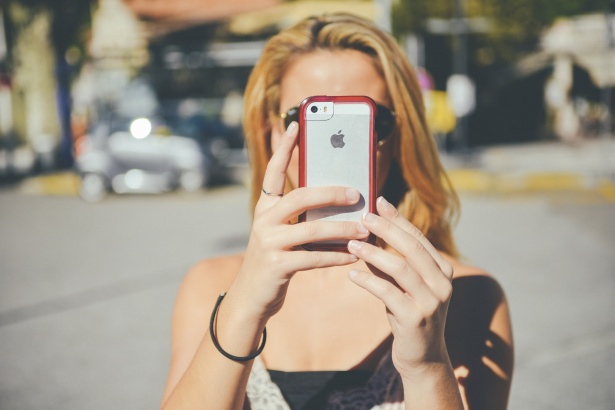
The rise of TikTok’s skincare obsession isn’t just a harmless trend — it’s a predatory scheme targeting vulnerable teens and young children, manipulating their self-worth while lining the pockets of Big Beauty corporations. A new study published in Pediatrics exposes the alarming reality: Young kids, some as young as 10, are being pressured into expensive, unnecessary skincare routines filled with harsh chemicals all in pursuit of an unattainable, AI-filtered illusion of “perfection.”
Social media isn’t just selling products — it’s selling insecurity. With influencers pushing multi-step regimens costing hundreds of dollars, teens are being conditioned to believe their natural skin isn’t good enough. Worse, many of these products contain irritants that increase sun sensitivity and allergic reactions, putting their health at risk — all for the sake of profit.
This isn’t just about skincare. It’s about a generation being brainwashed into self-loathing, convinced they need chemical-laden creams to be beautiful. The truth? Healthy skin starts from within — not from a $300 jar of anti-aging cream marketed to a 15-year-old.
Key points:
- A Pediatrics study found teens are using skincare routines with an average of 11 potentially harmful ingredients, many increasing sun sensitivity and allergy risks.
- Many routines cost 168–500 per month, despite teens having no visible acne or skin issues.
- Dermatologists warn these products are unnecessary and dangerous for young skin, yet social media pushes them relentlessly.
- The trend fuels body dysmorphia, depression, and financial exploitation, as kids chase unrealistic beauty standards.
- Experts recommend gentle cleansers, fragrance-free moisturizers, and sunscreen — not expensive, chemical-heavy regimens.
- Kids do not need skincare products, but social media’s filters and AI imagery fuels feelings of inadequacy and want.
The skincare scam: Profits over health
When Ayva Peña’s mother found a $300 anti-aging cream in her 15-year-old daughter’s drawer, she was horrified. “It says it makes your skin ageless, improves fine lines, wrinkles and firmness,” Giselle Peña said. “I was like, ‘This is not for you, girl.’”
But Ayva isn’t alone. TikTok influencers — many under 18 — are promoting six-step routines packed with alpha hydroxy acids (AHAs), niacinamide, and fragrances, all of which can cause redness, dryness, and permanent sun damage. Shockingly, only 25% of these routines included sunscreen, despite AHAs making skin more vulnerable to UV rays.
Dr. Molly Hales, lead author of the study, noted: “When you have kids waking up at 5:30 in the morning on a school day to layer on these complicated regimens, it becomes less about health and more about pursuing an unrealistic beauty ideal.”
The darker agenda: Social media’s role in teen insecurity
This isn’t just about skincare — it’s about psychological manipulation. Social media thrives on insecurity, pushing teens to compare themselves to AI-enhanced faces and filtered perfection. The result? Body dysmorphia, eating disorders, and depression — all while corporations profit.
Dr. Tara Lagu, co-author of the study, warned: “Many girls may not realize they’re applying the same active ingredient again and again, increasing irritation risk.” Worse, many products contain known allergens, yet influencers who lack medical expertise promote them as “must-haves.”
Fighting back: How parents can protect their kids
Dermatologists agree: Teens don’t need anti-aging products. Their skin naturally produces collagen — what they do need is gentle care, not chemical overload.
Dr. Sonal Shah recommends:
- A simple cleanser (no active ingredients)
- Fragrance-free moisturizer
- Mineral sunscreen (for excessive sun exposure)
Parents must push back against toxic beauty standards and teach their kids that real beauty isn’t bought in a jar. As psychologist Jennifer Harriger advises: “Have open conversations about the messages they see on social media.”
The skincare industry is preying on teens, convincing them they’re flawed so they’ll push their parents to spend hundreds on unnecessary products. But true health comes from nourishing the body, not slathering it in chemicals. True beauty comes from appreciating who you are and treating people right, instead of getting caught up in materialistic versions of self.
It’s time to reject the lies and teach the next generation: You are enough — just as you are.
Sources include:
Submit a correction >>
Tagged Under:
anti-aging scams, beauty standards, Big Beauty, body dysmorphia, brainwashed, chemical irritants, corporate greed, dermatology, holistic health, mental health, Natural Beauty, parenting advice, pediatric dermatology, skin health, skincare dangers, skincare myths, social media influence, sun sensitivity, teen insecurity, teen skincare, TikTok skincare
This article may contain statements that reflect the opinion of the author




